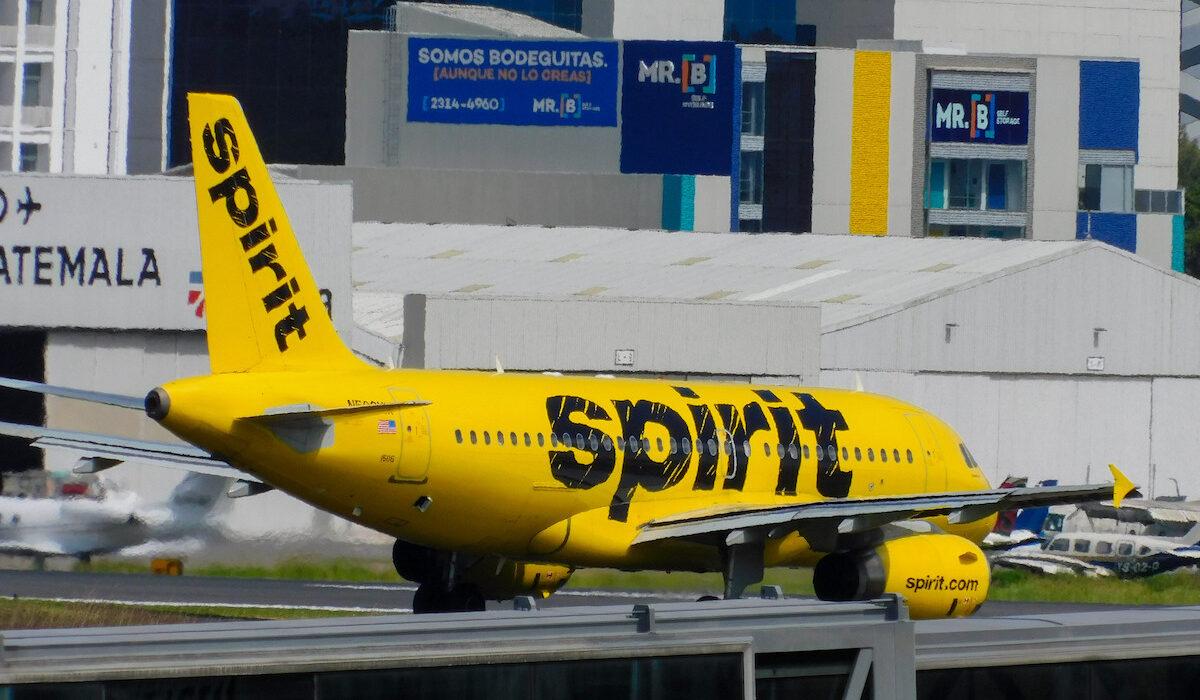The recent news of Spirit Airlines filing for bankruptcy sent shockwaves through the business world, serving as a chilling reminder that no company, regardless of size or industry, is immune to the challenges and pitfalls of the modern marketplace.
As a small business owner, I couldn’t help but reflect on the lessons we can glean from Spirit’s downfall—lessons that, if heeded, can help us fortify our own enterprises against the storms that inevitably lie ahead.
It’s easy to get caught up in the day-to-day grind of running a business, but taking a step back to analyze the cautionary tales of fallen giants can provide invaluable insights.
Let’s talk about the six crucial lessons that the demise of Spirit Airlines can teach you as a business owner.
1. Resist the Siren Song of Rock-Bottom Pricing
One of the defining characteristics of Spirit Airlines was its unwavering commitment to offering rock-bottom fares. While this strategy undoubtedly attracted a segment of budget-conscious travelers, it also left the airline vulnerable to the slightest shifts in the economic winds.
As small business owners, we must resist the temptation to engage in a race to the bottom when it comes to pricing. Attempting to undercut larger competitors like Walmart is a losing proposition—one that can quickly erode our profit margins and leave us struggling to keep the lights on. Instead, we must focus on providing premium value that justifies higher prices.
Remember, competing solely on price is a race to the bottom that rarely ends well for small businesses.
2. Profitability Is Non-Negotiable
Spirit Airlines last reported an annual profit way back in 2019. Let that sink in for a moment. Regardless of how much revenue flows through your business, if you are not consistently turning a profit, you’re living on borrowed time.
Business owners must therefore be relentless in the pursuit of profitability. This means keeping a hawk-like eye on expenses, continuously optimizing our pricing strategies, and being willing to make tough decisions when necessary.
It is all too easy to get caught up in the excitement of growing revenue, but we must never lose sight of the bottom line. Regularly review your financial statements, identify areas where you can trim costs without sacrificing quality, and always be on the lookout for ways to boost your profit margins.
3. Build Resilience for Tough Times
If the past few years have taught us anything, it is that uncertainty is the only certainty in business. From the COVID-19 pandemic that brought the world to a standstill to the supply chain disruptions that continue to plague industries across the globe, businesses of all sizes have been battered by forces beyond their control.
While Spirit Airlines struggled to adapt to these challenges, more resilient companies found ways to weather the storm and emerge stronger on the other side. Therefore, you must prioritize building resilience into every aspect of our operations.
This means maintaining a healthy cash reserve to tide us over during lean times, diversifying our revenue streams to mitigate the impact of any single market upheaval, and cultivating a flexible, adaptable mindset that allows us to pivot quickly in the face of change.
4. Don’t Put All Your Eggs in One Basket
Spirit’s failed merger with JetBlue Airways dealt a significant blow to the company’s fortunes, underscoring the dangers of putting too many eggs in one basket. It is crucial to be ever-vigilant against becoming overly reliant on any single partnership, client, or revenue stream.
I recently wrote a very informative piece on the dangers of relying on one big client, you can read it here.
Diversification is the key to mitigating risk and ensuring the long-term stability of our enterprises. This means actively cultivating multiple income sources, forging relationships with a variety of partners and suppliers, and always having a backup plan in case one avenue of revenue dries up.
Spreading eggs across multiple baskets creates a safety net that catches us if any single aspect of our business falters. The most successful businesses are those that can adapt and thrive no matter what the market throws their way.
5. Invest in Your Foundation
According to reports, Spirit Airlines struggled with engine problems and other operational issues that hampered its ability to capitalize on the post-pandemic travel recovery. This serves as a stark reminder that we must never neglect the foundation upon which our companies are built.
Investing in reliable equipment, robust systems, and skilled team members is not a luxury—it’s a necessity. Regularly assess and address any weaknesses or vulnerabilities in your operations, and don’t be afraid to allocate resources toward shoring up your infrastructure.
Whether it’s upgrading your technology, providing ongoing training for your staff, or implementing more efficient processes, a strong foundation is essential for sustained growth and success.
6. Learn from the Past, Prepare for the Future
As small business owners, we must be perpetual students, always seeking to learn from the successes and failures of those who have come before us. The business world is littered with cautionary tales like Spirit Airlines—stories of once-thriving companies brought low by a combination of external forces and internal missteps.
Rather than viewing these stories as distant tragedies, we must mine them for the valuable lessons they contain. Take the time to study the missteps of fallen giants, analyze the strategies of thriving competitors, and always be looking ahead to the challenges and opportunities that the future may hold.
Wrapping It Up
In the end, the demise of Spirit Airlines is more than just another headline—it’s a clarion call for small business owners to take stock, reevaluate our strategies, and fortify our companies against the uncertainties of the modern marketplace.
So let us seize this opportunity, put these hard-won insights into action, and forge ahead toward a brighter, more secure future for our small businesses and the communities they serve.










